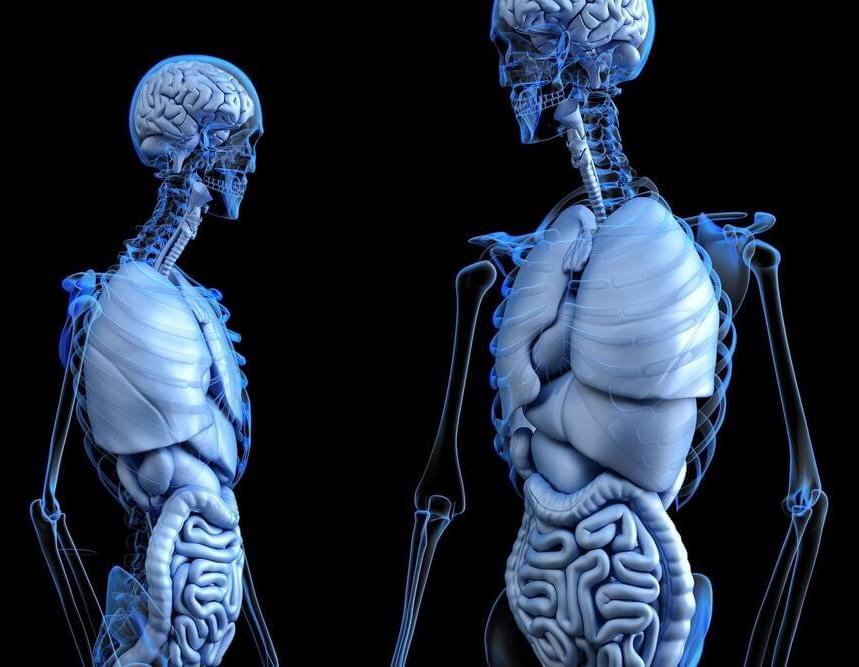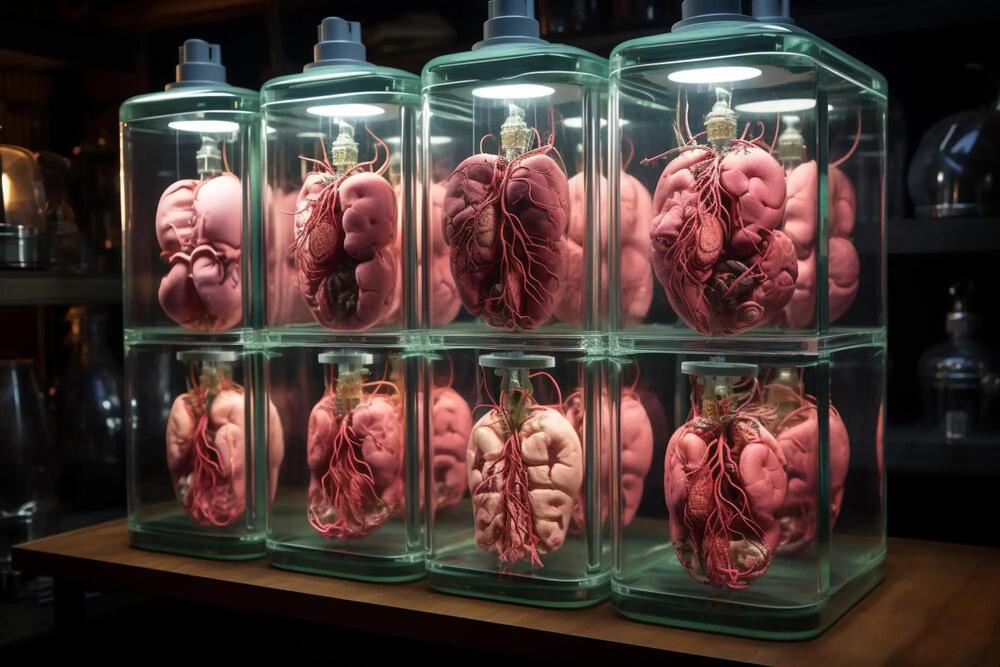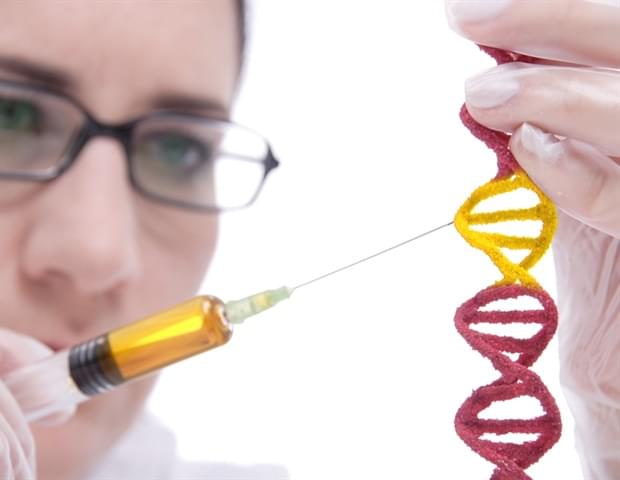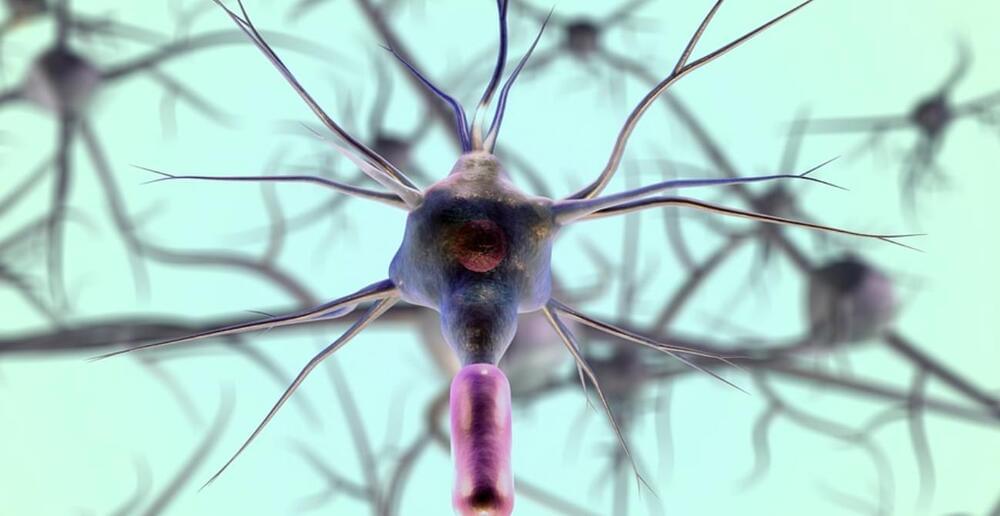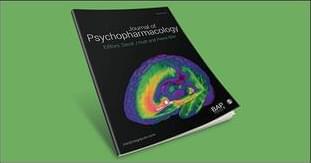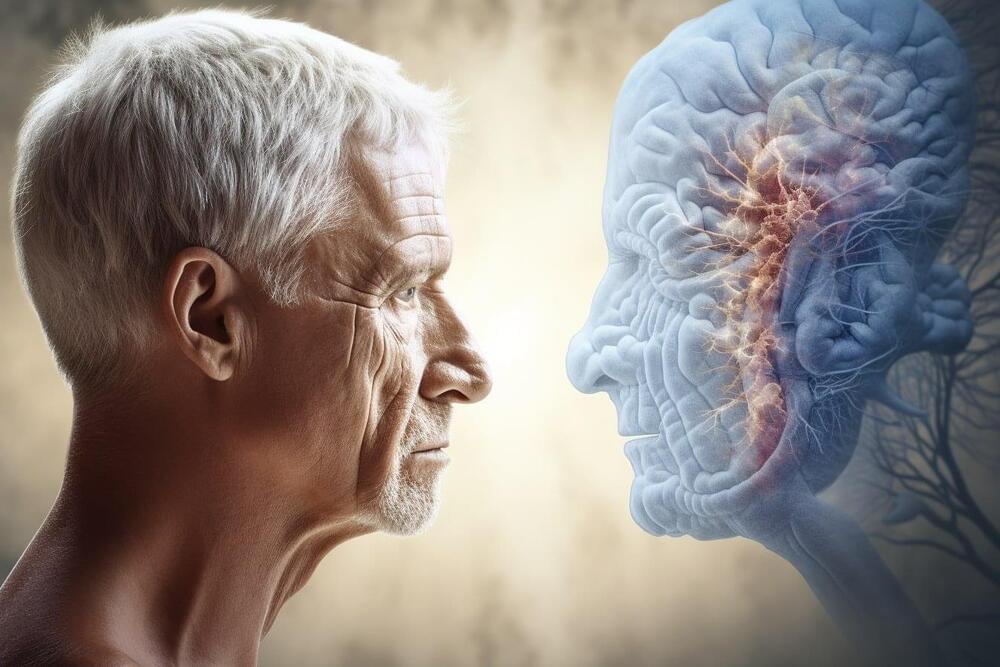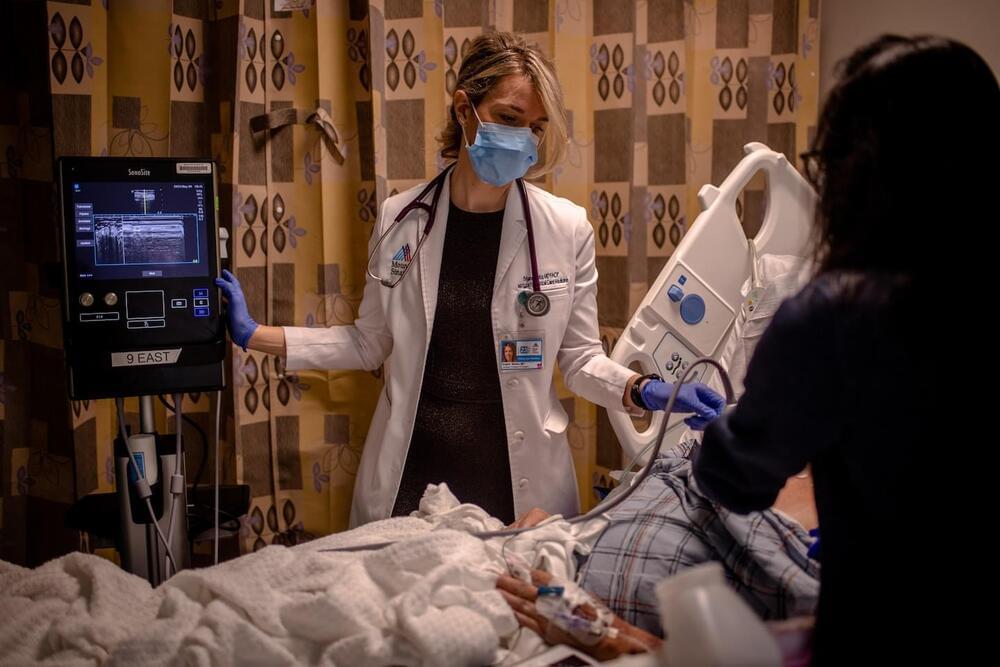
Milekic’s morning could be an advertisement for the potential of AI to transform health care. Mount Sinai is among a group of elite hospitals pouring hundreds of millions of dollars into AI software and education, turning their institutions into laboratories for this technology. They’re buoyed by a growing body of scientific literature, such as a recent study finding AI readings of mammograms detected 20 percent more cases of breast cancer than radiologists — along with the conviction that AI is the future of medicine.
Researchers are also working to translate generative AI, which backs tools that can create words, sounds and text, into a hospital setting. Mount Sinai has deployed a group of… More.
Mount Sinai and other elite hospitals are pouring millions of dollars into chatbots and AI tools, as doctors and nurses worry the technology will upend their jobs.

